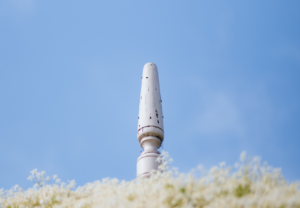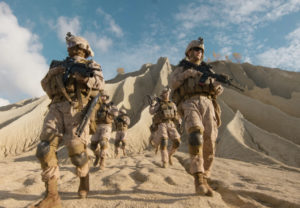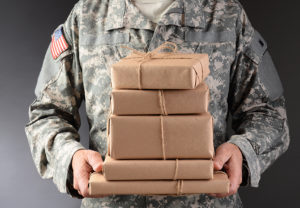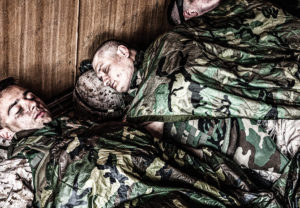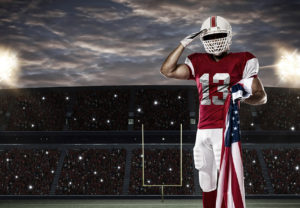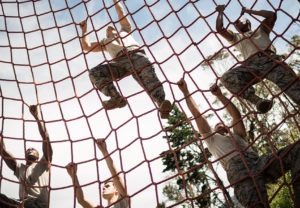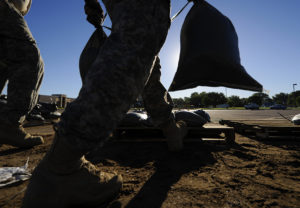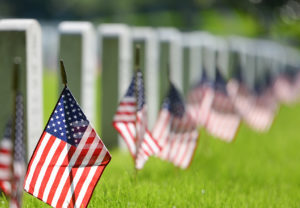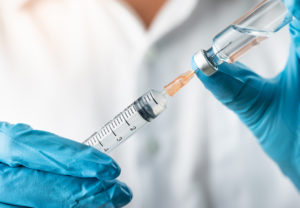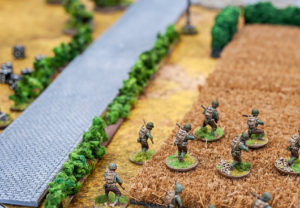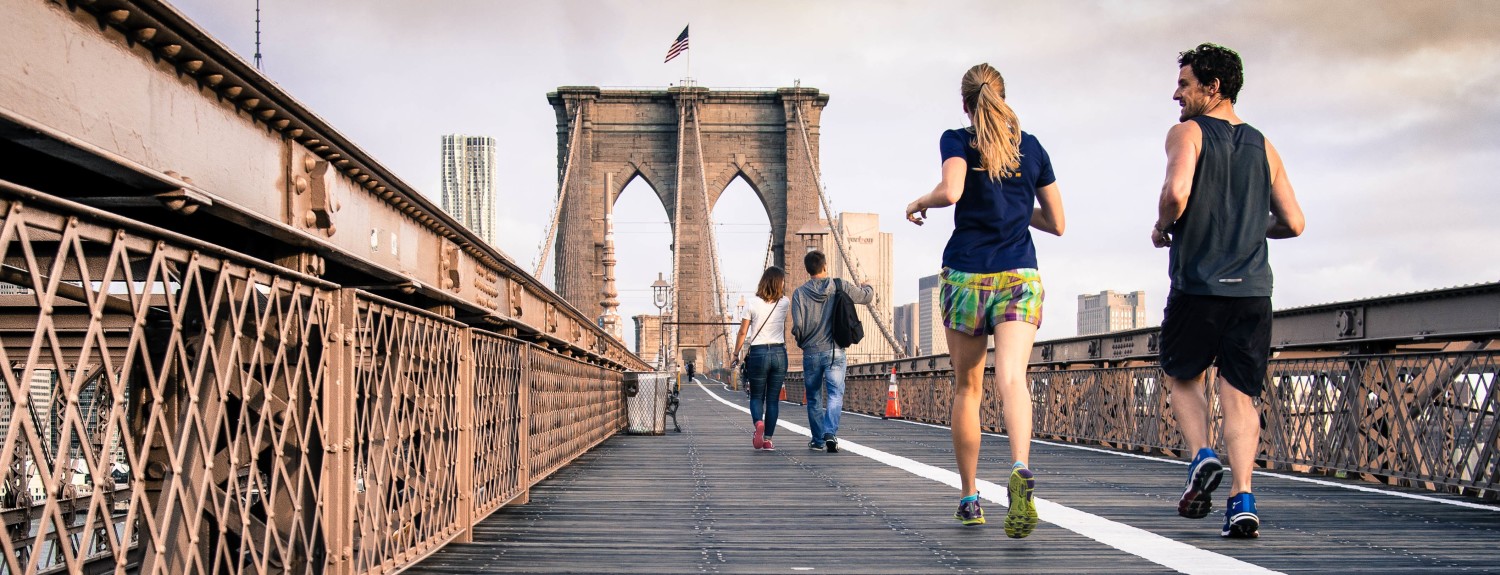Active duty military members, veterans and their families are some of the most outdoorsy Americans out there. They golf, they hunt, they run and more. Unfortunately, this level of physical activity and sun exposure can cause heat injuries.
Heat injuries typically occur when an individual’s body heat is 104 degrees Fahrenheit or higher. Luckily, there are many simple strategies to keep your body heat down without losing out on exercise.
1) Wear breathable, sweat-wicking gear.
Your body burns precious energy to cool itself off with sweat, but that effort is rendered moot when the fabric of your shirt plasters that moisture right back onto your skin.
Shirts made of cotton will absorb sweat and prevent your body from cooling off. Dark fabrics soak up the sun and trap heat. Tight or ill-fitting clothes can make it harder for you to breathe or exercise in comfort.
Wear loose, sweat-wicking gear that allows your body to naturally cool itself. Lightweight fabric that dries fast and feels comfortable will help you regulate your body heat even while in the middle of a workout.
Under Armour pioneered moisture-wicking fabric when it was first founded in the late 1990s, be sure to take advantage of their 10% military discount through Troop ID while you’re at it.
2) Get used to a new routine before you push yourself.
The main cause of heat stroke isn’t dehydration. It’s a failure to acclimate to a new physical routine.
Most heat-related deaths occur three to fours days after an individual embarks on a new activity. It’s easier for your body to overheat when it’s still unused to a specific type of exercise. When training with other people for the first time, you might also be less inclined to take breaks and ease your body into a completely new routine.
The combination of sweltering weather, unfamiliar stress and a lack of breaks is a recipe for heat injury. Be aware of your limitations, monitor your body, and take precautions until you are ready to increase your workout intensity. REI has a broad range of the best monitoring devices on the market.
3) Hydrate, hydrate, hydrate.
Dehydration slows your heart rate, stunts sweating and reduces exercise performance. When your blood is moving slower and your body isn’t cooling itself at its usual rate, you’ll feel hotter and more sluggish.
The answer is simple: drink water.
Hydrating with water is the best hydration strategy, but sports drinks are also effective in tandem with healthy meals. To stock up, you can grab both water bottles and sports drinks in bulk for cheap from Target.
4) Limit protein, increase sodium.
What you eat has as much an impact on your body heat and hydration levels as what you drink.
While high-protein diets help build muscle mass, they also increase how much water you need to keep fully hydrated. If heat injuries are worrying you, laying off the protein can help you retain water for longer periods of time.
On the other hand, adding more sodium to your diet can have the same effect. Many military bases offer salty MREs to increase their sodium intake and help them keep hydrated. Just make sure you don’t add too much salt to your diet, or else you’ll risk a whole other set of health issues.
It might benefit you to grab some vitamins and supplement stacks from BodyBuilding.com to get all of your nutrients. Military members and veterans get a 10% discount on all orders.
*According to the Armed Forces Health Surveillance Branch, 200 U.S. soldiers suffered from heat stroke in 2014. Another 1,200 troops suffered from less severe heat injuries that resulted in a loss of active-duty time. Outside the military, the stats aren’t much brighter. Between 2006-2010, the Center for Disease Control found that more than 3,000 civilians died of exposure to natural heat.
*The Army suggests that soldiers weigh themselves in order to monitor their hydration before and after working out.
To estimate how dehydrated you are, step on a scale before and after exercise. If you weigh 150 pounds and lost 1.5 pounds during exercise, you’re 1 percent dehydrated, which is of little concern. However, if you lost 4.5 pounds, you’re 3 percent dehydrated. When dehydration exceeds 2 percent of body weight, physiological strain and risk of becoming a heat casualty increase.


